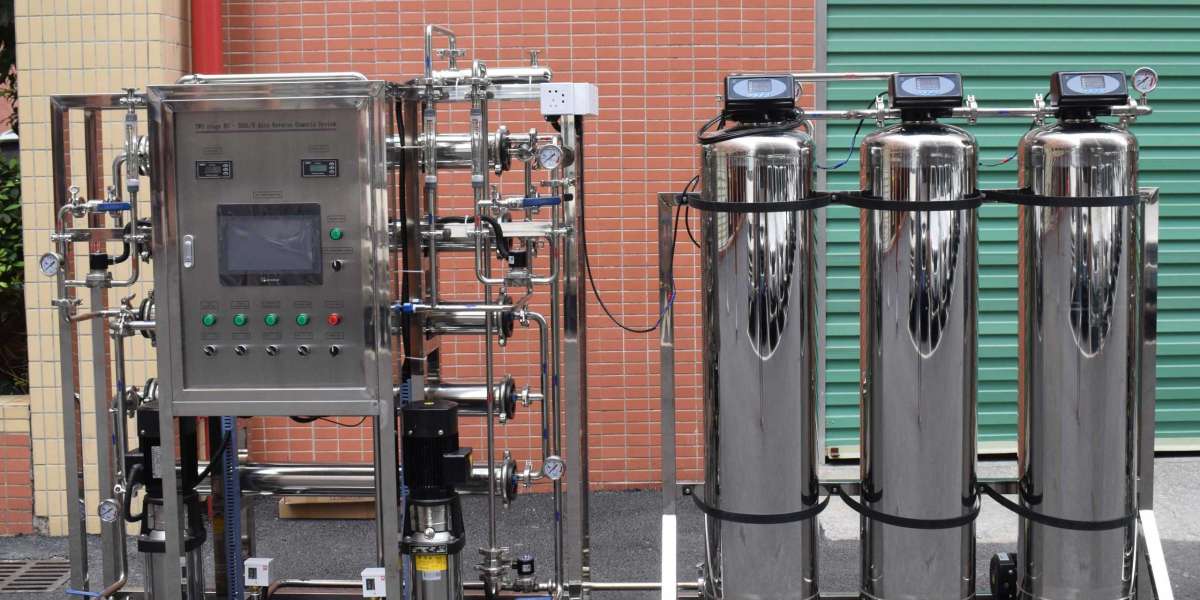Reduced Plastic Waste:
One of the significant environmental benefits of using a RO system is the reduction in plastic waste. Traditional methods of obtaining purified water often involve purchasing bottled water, which comes in single-use plastic bottles. These plastic bottles contribute to the global plastic pollution crisis, posing serious threats to marine life, ecosystems, and human health. By investing in an RO system, individuals can significantly reduce their reliance on bottled water, thereby decreasing the demand for single-use plastics.
Conservation of Water Resources:
RO systems are highly efficient in removing contaminants and impurities from water, allowing for the purification of various water sources, including groundwater, surface water, and even seawater. This capability promotes the efficient use and conservation of water resources. Instead of relying solely on freshwater sources for drinking purposes, RO systems enable the utilization of alternative water sources that may otherwise go unused or be underutilized. By diversifying water sources and optimizing water usage, RO systems contribute to the conservation of precious freshwater resources.
Energy Efficiency:
Compared to some other water purification methods, such as distillation, RO systems are relatively energy-efficient. While RO systems do require energy to operate pumps and membranes, advancements in technology have led to significant improvements in energy efficiency. Additionally, the energy consumption of RO systems can be further reduced through the use of energy-efficient components and optimization of system design. By minimizing energy consumption, RO systems help mitigate the environmental impact associated with water purification processes.
Protection of Ecosystems:
Contaminated water not only poses risks to human health but also harms aquatic ecosystems and wildlife. Chemical pollutants, heavy metals, and microbial pathogens present in untreated water can have detrimental effects on aquatic organisms and their habitats. RO systems play a crucial role in protecting ecosystems by effectively removing harmful contaminants from water sources. By ensuring the availability of clean water, RO systems support biodiversity conservation efforts and contribute to the overall health and resilience of ecosystems.
Mitigation of Agricultural Runoff:
Agricultural runoff, which includes fertilizers, pesticides, and other pollutants, poses significant challenges to water quality and ecosystem health. These pollutants can leach into water bodies, causing nutrient imbalances, algal blooms, and other ecological disruptions. RO systems can help mitigate the impacts of agricultural runoff by treating contaminated water before it enters the environment. By removing harmful substances from agricultural runoff, RO systems reduce the risk of water pollution and protect downstream ecosystems and communities.
Final Thoughts:
In conclusion, RO systems offer numerous environmental benefits that make them a valuable tool for water purification and sustainable water management. From reducing plastic waste to conserving water resources and protecting ecosystems, the environmental advantages of RO systems are clear. By investing in RO technology and promoting its widespread adoption, we can move towards a more sustainable future where access to clean and safe drinking water is ensured for all while minimizing our environmental footprint.








